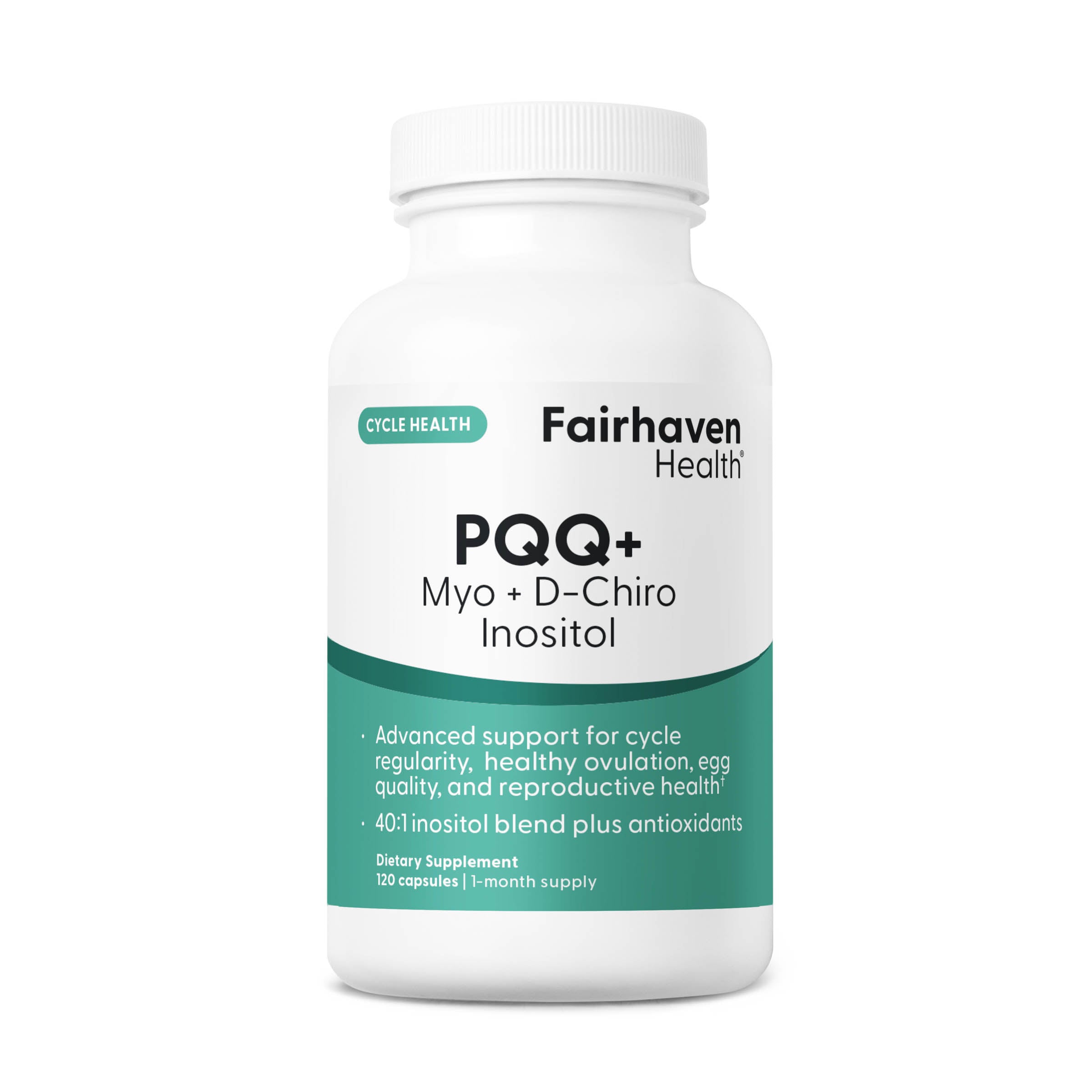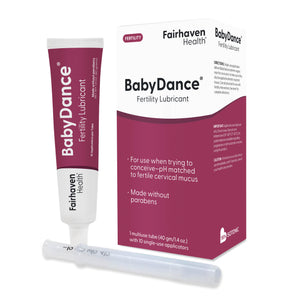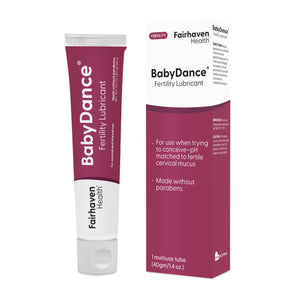When you’re trying to conceive and it’s not happening, you might start to question lifestyle choices like nutrition, alcohol, exercise, stress management, and caffeine. How much caffeine is okay when trying to conceive? Is a little bit ok? Quit completely? Unfortunately, as you research these topics and ask providers, friends, and loved ones – you can get a mix of answers. With so many recommendations and resources, it’s easy to feel confused. In this blog post, we’ll review the evidence around caffeine and fertility, and finish with a personal recommendation from Dr. Lora Shahine, reproductive endocrinologist at Pacific NW Fertility in Seattle, WA.
The worry over caffeine and fertility started after a 1988 study in the Lancet Journal reported that women who drank about a cup of coffee per day were half as likely to conceive (1). In this study, 104 women trying to conceive for 3 months were asked about their caffeine intake and then followed for a subsequent 6 months. The women who consumed more than 1 cup of brewed coffee a day and over 3,150 mg caffeine per month, were 50% less likely to conceive compared to those who consumed less than one cup per day and less than 3,150 mg caffeine per month. Although this study was published in a well-respected journal and cited many times in the literature through the years, the study group is quite small, and follow-up studies have not found the same results.
One of the largest prospective studies on the subject included just over 3,000 Danish women. Researchers looked at fertility rates in relation to coffee, tea, and soda intake (2). The result of the study found that women who consumed more than 300 mg of caffeine per day (more than 1 cup of coffee) had similar fertility rates compared to women who drank less than 100 mg to none per day. The study found that women who drank two or more servings of tea per day were slightly more likely to conceive than those who drank no tea and women who drank soda were less likely to conceive in any given month than women who didn’t drink soda. In fact, women who drank three servings of soda per day had worse fertility rates than women who drank one soda serving per day. Researchers were unable to conclude exactly why the tea drinkers saw increased fertility and the soda drinkers saw decreased fertility in that particular study but it is an interesting finding.
Another study published in 2017 gathered data from multiple published research papers to look at the potential dose-related effect of caffeine or coffee on length of time to pregnancy for both couples trying to conceive naturally and couples undergoing fertility treatment (3). They also looked at the risk of miscarriage based on how many milligrams of caffeine were consumed. The study's results showed drinking 300 mg of caffeine increased the risk of early pregnancy loss, and drinking 600 mg of caffeine more than doubled the risk of miscarriage. They found that caffeine did not impact the time it took for couples trying to conceive naturally to get pregnant and that caffeine intake also did not seem to negatively impact pregnancy rates for couples receiving fertility treatments.
What does ASRM (the American Society of Reproductive Medicine) say about caffeine and fertility? This is an excerpt from the ASRM Committee's opinion on optimizing natural fertility (4).
During pregnancy, caffeine consumption over 200 to 300 mg per day (2–3 cups per day) may increase the risk of miscarriage but does not affect the risk of congenital anomalies. Overall, moderate caffeine consumption (1– 2 cups of coffee per day or its equivalent) before or during pregnancy has no apparent adverse effects on fertility or pregnancy outcomes. Caffeine consumption has no effect on semen parameters in men.
In conclusion, although a small study from 1988 in the Lancet Journal showed decreased fertility with daily caffeine consumption, more recent and larger studies have shown little impact of caffeine on fertility. In pregnancy, however, most research and medical societies recommend against caffeine intake over 200-300mg daily due to an increased risk of pregnancy loss.
If you’re curious about how much caffeine is in your drink here’s a helpful resource from The Center for Science in the Public Interest.
Dr. Shahine shares this evidence and what she recommends to her own patients in her YouTube video on caffeine and fertility. As with any health question, review your personal situation and recommendations for you with your doctor.
Dr. Lora Shahine

Dr. Lora Shahine, reproductive endocrinologist at Pacific NW Fertility and clinical faculty at the University of Washington in Seattle, completed her fellowship in reproductive endocrinology at Stanford University and residency in obstetrics and gynecology at the University of California in San Francisco. She is dedicated to educating and advocating for increased awareness of infertility, miscarriage, and the impact on environmental toxins on health through an active social media presence, teaching, clinical research, her books including best-selling, Not Broken: An Approachable Guide to Miscarriage and Recurrent Pregnancy Loss, and her podcast, Baby or Bust. Find her at drlorashahine.com and on Instagram, YouTube, TikTok, and Twitter.
References and Resources
- Wilcox A, et al., Caffeinated beverages and decreased fertility. Lancet. 1988 Dec;2(8626-8627):1453-6. doi: 10.1016/s0140-6736(88)90933-6.
- Lyngso J, et al. Association between coffee or caffeine consumption and fecundity and fertility: a systematic review and dose–response meta-analysis. Coin Epidem 2017; 9: 699-719.
- Hatch EE, Wise LA, Mikkelsen EM, et al. Caffeinated beverage and soda consumption and time to pregnancy. Epidemiology. 2012;23(3):393–401. doi:10.1097/EDE.0b013e31824cbaac
- Optimizing natural fertility: a committee opinion. Fertil Steril 2017 Jan;107(1):52-58. doi: 10.1016j.fertnstert.2016.09.029.
- Caffeine Chart https://www.cspinet.org/caffeine-chart
- YouTube video on caffeine and fertility Dr. Lora Shahine







